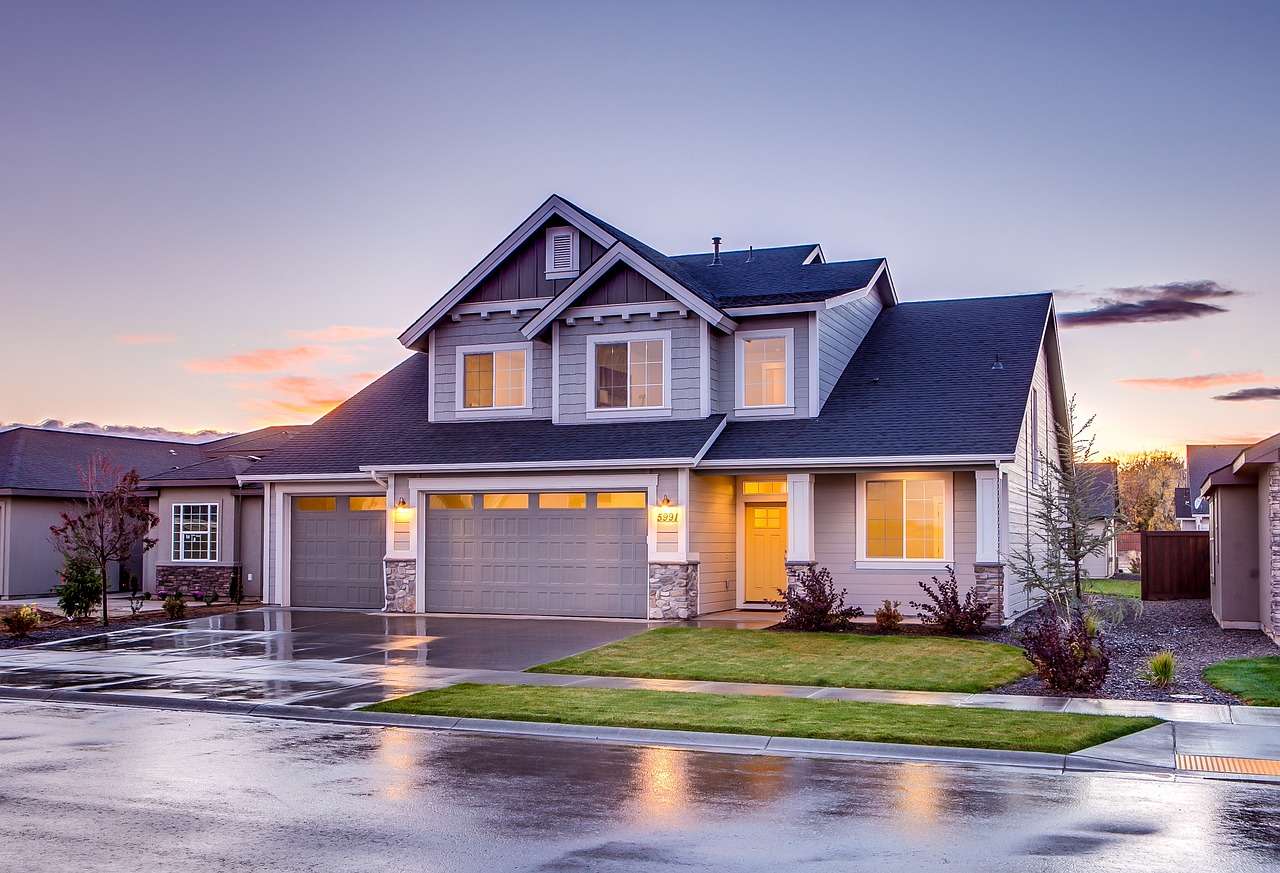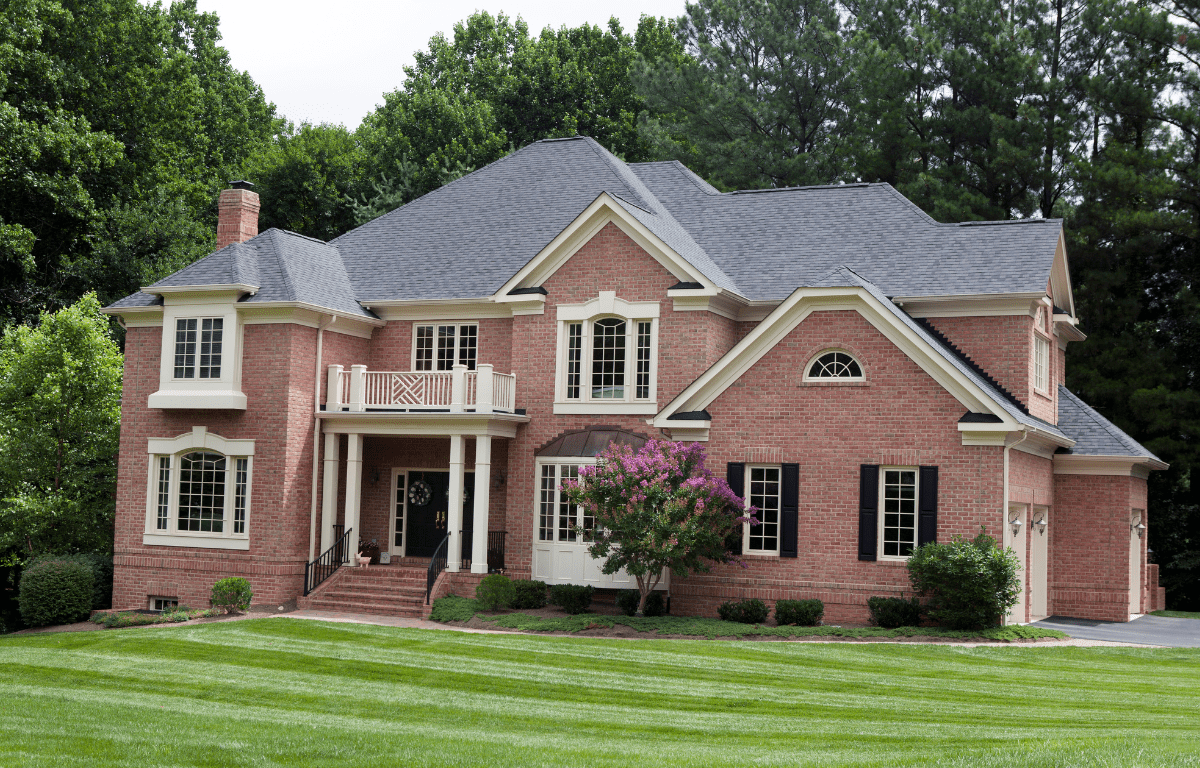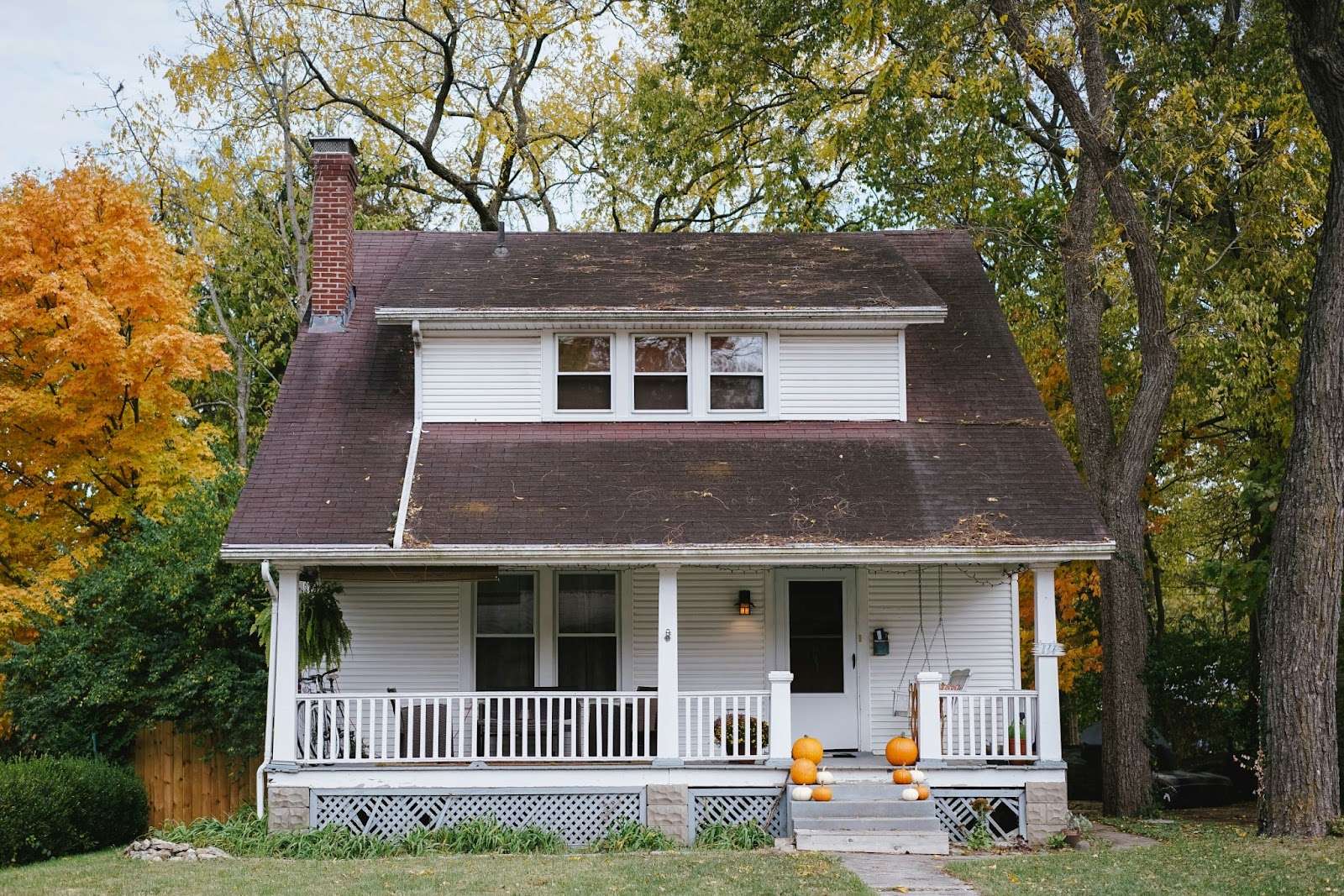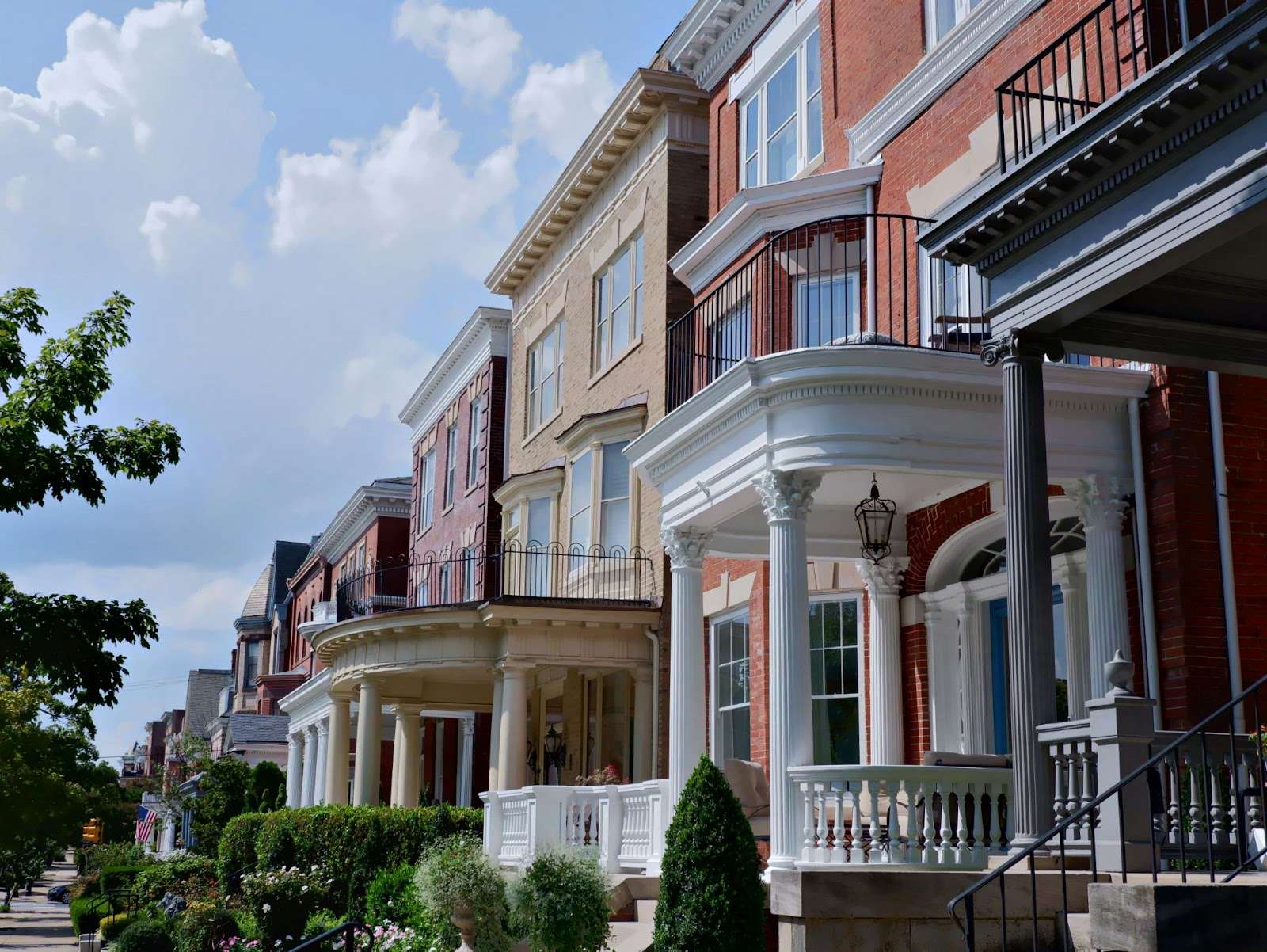Finding the right apartment can be difficult, especially if you don’t know what potential mistakes you’re making. When researching and touring different rental properties, you’ll meet the landlord or someone who works for a property management company. Speaking to these individuals is your best opportunity to ask questions and determine whether or not the apartment is right for you. While you might find a beautiful rental, you don’t want to live somewhere with a bad landlord. So check out these landlord red flags to look out for.
1. A Hefty Late Fee
Sometimes people don’t always pay their rent on time. Whether they can’t afford it because they’re waiting on payment from their employer or because they simply forgot by the time the first of the month rolled around. Leases will specify the late fee you’ll be expected to pay when you don’t pay on time. Your fee could be expressed as a percentage or flat fee, but the fee may increase the later you are on payment. Most landlords also give you a grace period, so if the rent payment is due on the first, you may actually have up to a week to pay it for it to be considered on time.
While you should always expect some late fee, a large late fee could be a red flag. Renters in major cities may find that penalty fees may be exorbitant or have less of a grace period. Ultimately, anything more than 10% of your rent is a significant late fee. Large late fees accompanied with short grace periods are even worse. If your rent is considered late by midnight of the second of the month, that’s a huge red flag because it’s a costly and unnecessary extra charge.
You might think that you’ll always pay your rent on time so you don’t have to worry about the late fee, but even the most responsible people forget to pay rent sometimes.
2. Changes to the Lease?
Once your lease is signed, it should not be allowed to change. However, some landlords use language in their leases that allow them to change the lease at any time. If your lease implies that your landlord can change terms on you whenever they want, run for the hills.
Landlords should never be allowed to change their terms after you’ve signed the lease, especially without a statement.
3. They Didn’t Run a Background Check
Credible landlords run background checks to ensure their tenants are people who are willing and able to pay rent. Tenant screening includes:
- Calling your employer to confirm you work there
- Confirming your salary
- Checking your credit history
- Calling your references and places where you used to rent
If your landlord doesn’t do any of this and only bases their decision to accept you as a tenant based on your income, it could mean that they don’t care about the quality of tenants, which means you could have terrible neighbors. Additionally, it shows you that the landlord is lazy and only cares about money instead of the people living in their community.?
4. Renter is Responsible for Damage and Repairs
Even though landlords typically perform maintenance on their properties, renters are still responsible for major repairs and damage they caused. These fees are typically covered in your deposit, so you shouldn’t have to pay any more than what you’ve already given the apartment unless you have caused significant damage to the rental or property. When moving into a new place, almost everyone likes to add their personal touch to their home in some way. However, landlords can often take advantage of situations where a renter has fixed or replaced something in the unit, but landlords will report it as damages.?
Leases must explicitly state which party is responsible for which duties. For example, if the tenant is expected to pay for all damage and repairs after they move out, you need to know because it means your landlord could ask you to pay for anything, including carpet that has lost its softness due to regular wear and tear.
Good landlords understand regular wear and tear is going to happen no matter how long someone lives in an apartment, so as long as there is no significant damage to the property, you should get most or all of your deposit back. However, if your landlord gives you a lease that doesn’t state who is responsible for repairs and maintenance, it could mean you have to pay for everything from fixing your appliances while you’re living there to buying new carpet even after you move out.
5. Not Allowed to View Property
Every tenant should view their rental before signing a lease agreement. Photos are not enough to help you determine whether a home is right for you. If a landlord doesn’t show you the property, don’t sign a lease for them because you don’t know what you’ll have agreed to pay for. If they’re not showing you where you’ll live, it means there is likely something wrong with the property, and they’re trying to lock you into a contract to make you pay for it.
6. No Rules for Pets
If you have a pet, you’ll need to find a rental that allows them. Many apartments allow dogs and cats, while others don’t allow any pets except fish. However, if you are a pet owner, you should be presented with a list of rules for your pet, especially if you have a dog. For example, many lists state that your dog cannot go into the common areas, such as the clubhouse and pool and that you must maintain control of your dog at all times, including having them on a leash.
Having rules for pets isn’t meant to make you feel like you’re limited on what your dog can do there; they’re designed to ensure you’re not disturbing other tenants. For example, teaching your dog to stop howling when you’re away can help ensure you’re being a good neighbor and not breaking the terms of your lease.?
On the other hand, if there are no rules for pets, you can expect many tenants to take advantage of this and let their pets run around off-leash, which could be dangerous for you and your pet.
Final Thoughts
Renters must do their due diligence when looking for a home because they not only have to find a rental they’ll enjoy living in, but they have to consider the type of landlord they want. If your landlord doesn’t follow their rules or changes the terms at any point, it could make living there a bad experience for you. Follow your gut when deciding where to rent your next home. Even though an apartment might be beautiful, don’t rent from a landlord you can’t trust.









